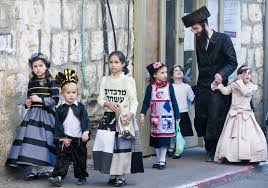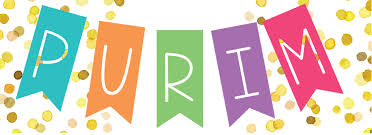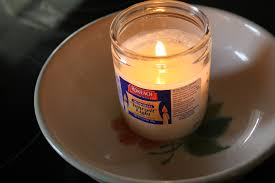TEVA TALK - The Spud-tacular Potato

The dust is swirling in the air, the Pine-Sol is dripping down the cabinets, and the fake brownies are baking in the oven. While all of these are definitely the harbingers of our most intense Yom Tov, if there is one thing that says “Pesach is here” it is potatoes.
As each generation has become increasingly vege-phobic, limiting their weekly intake of green foods to pickles and mint chocolate chip ice cream, families feel lost without flour to fill in most of their meals. During this challenging time when pantries are bare and restaurants are closed, the community faces the threat of starvation, whether real or imagined. After all, there is a limit to how many nights in a row you can eat corned beef. (So I’ve heard; I have not personally reached that ceiling.) Nothing is readily available except baby fingers (which must be somewhat traumatizing for the children) and macaroons, which we buy every year, despite the fact that no one likes coconut. My theory is that we are so disoriented from the late-night arguments with our ovens and the exposure to toxic cleaning chemicals that, by the time we do our shopping, we honestly think that those macaroons will taste like the much-more-fashionable macarons. (They won’t.)

















